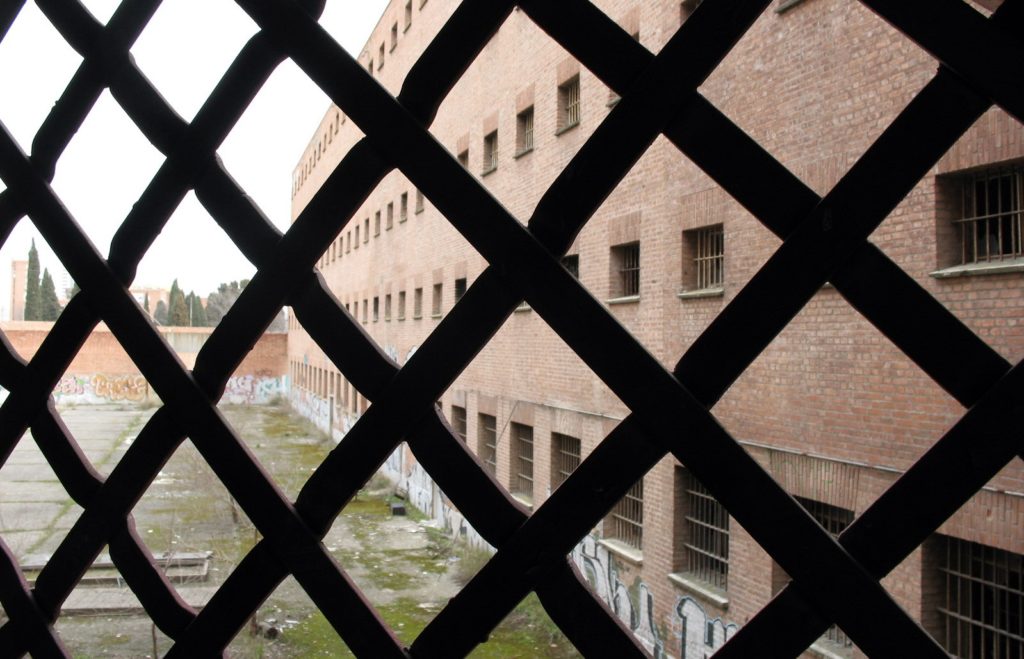
On Monday, February 12, Colombia declared a nationwide prison emergency. Justice Minister Nestor Osuna announced the decision following attacks on prison staff across various regions. The move comes amid a series of disturbances and assaults, notably last weekend’s events in Tulua, Valle del Cauca region. These incidents led to the city’s militarization and a curfew declaration.
Criminal organizations, both inside and outside of prisons, have directed threats and attacks against prison guards. These actions are frequently orchestrated by the leaders of these groups who are currently serving sentences.
Last weekend, following the daylight murder of watchman Jesus Cardenas in Cartagena by two motorcycle riders, the minister requested a statement.
Ending criminality inside prisons
Under the new decree, the Colombian government gains instant access to additional financial resources for crisis management. Similarly, it permits military and police forces to enter prisons, supporting the National Institute of Prisons and Jails (INPEC) in their legal duties.
The government’s intention, according to Minister Osuna, is focused on “protecting the life and integrity of INPEC guards,” as well as eradicating extortion and corruption within Colombia’s prisons. According to the justice official, the state has struck important blows against criminal leaders in the country who are now organizing a response from within the prisons themselves.
This situation is prevalent across various countries in the region, and Colombia is no exception. Specifically, the intense crisis that Ecuador has faced since last January originated from the relocation of a criminal leader to a high-security facility. This move triggered widespread violence, both within and outside of prisons, culminating in the neighboring country’s announcement of an “internal armed conflict.”
Colombia intends to avoid such serious consequences, so it has decided to act before the power of these mafias becomes even greater than it already is.
War on the “MAGOS”
The criminal leaders responsible for these acts call themselves ‘Death to oppressive guards’ (MAGO), a group to which they attribute the recent murders of six INPEC officials in various regions of the country. For this reason, the INPEC unions announced that starting this Monday they will carry out a national day of protest for the lives of prison workers.
Minister Nestor Osuna pointed out that the declaration of the prison emergency is due to the “increase of threats and materialization of some homicides of INPEC guards that have taken place in the last days”. Likewise, the minister clarified that this measure also seeks to put an end to “the extortion that originates in the prisons”, putting an end to impunity and criminality that is produced and directed from inside the prisons to the outside.
La Inmaculada will not enter Total Peace
On the other hand, the minister also wanted to make it clear that the criminal gang called La Inmaculada, responsible for the crimes and riots in Tulua, will not enter the Colombian government’s Total Peace program.
Total Peace is the Colombian state’s proposal to various armed groups to negotiate an end to violence through dialogue. Thanks to this framework, today Colombia has three peace tables with different illegal armed groups: ELN, FARC Central General Staff and the Second Marquetalia. Nestor Osuna has been emphatic in denying any possibility that the La Inmaculada gang could enter into this context of dialogue, which undoubtedly offers important benefits to the members of these criminal groups in the case of their agreeing to stop criminal activities.
After a weekend of terror in Tulua, with the distribution of threatening pamphlets and riots that caused two deaths and four wounded, it became known that the group responsible, calling itself La Inmaculada, had asked to enter the Total Peace program, alleging that they have a presence throughout the national territory. However, the Colombian government quickly responded to these reports, denying any option for this group to obtain the benefits of a peace through dialogue.
“There is no conversation with the leaders of this criminal organization now,” assured Defense Minister Ivan Velasquez, who also made a distinction between this criminal gang and other illegal groups with which the government does maintain open dialogues. “Given the nature of this organization, (…) if it is eventually decided to talk, these are talks with a view to submission, not a negotiation in the style of the one with the National Liberation Army (ELN)“, said the Minister of Defense.
See all the latest news from Colombia and the world at ColombiaOne.com. Contact our newsroom to report an update or send your story, photos and videos. Follow Colombia One on Google News, Facebook, Instagram, and subscribe here to our newsletter.

